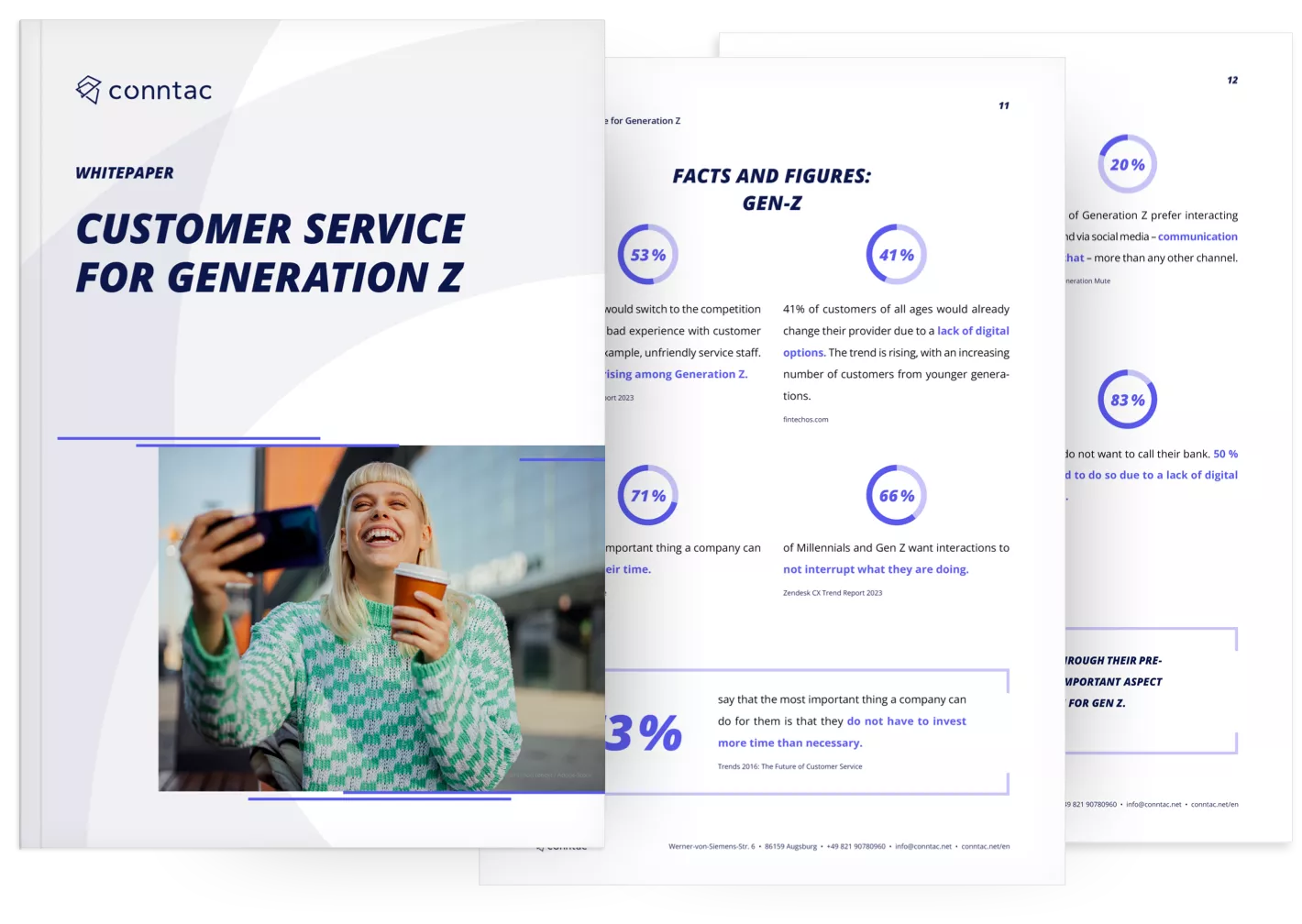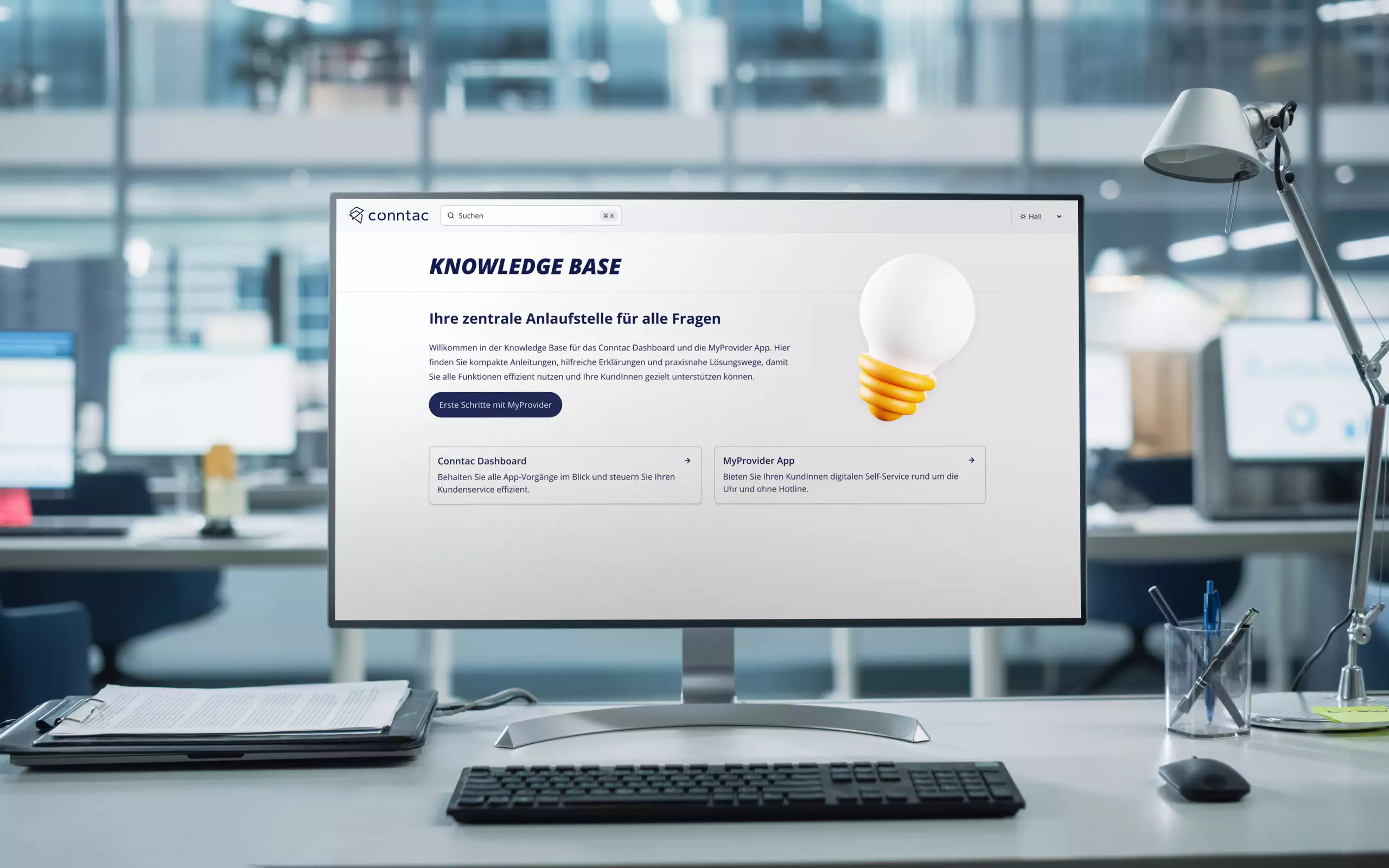Google search results for the keyword GenZ return numerous articles regarding their demands on the employer or many posts about the “laziness” of the new generation. A fascinating topic! That’s what we at Conntac think too. Because the requirements and behaviour of new generations also affect our customers and thus also our self-service solution. What are the demands of Generation Z on companies with regard to a service?
We recently reported that the younger generations do not like to make phone calls and that this fact will change customer service in the long run. In this article we take the question further: What role do apps play in the choice of service provider? Read more in the article.
When considering whether an app is a decision criterion for a service provider, we look at an important aspect when it comes to communicating with service providers: making appointments.
Appointment allocation: Apps as a decision-making factor when choosing a doctor’s surgery, hairdresser or restaurant
Who doesn’t know it? To be more precise, who of Generation Z, which is particularly reluctant to make phone calls and wants to coordinate and communicate almost everything contactlessly, doesn’t know it? The frustration of making appointments at the doctor’s office, the hairdresser’s or the restaurant. There is often no way around a phone call – and in the worst case with long waiting times.
In this case, of course, it depends on whether you already have a favourite restaurant, a regular hairdresser or a GP practice and whether they also use an app or a web service to make appointments digitally. If we assume that neither of these is the case and the choice of service provider is still pending, it is very likely that the use of digital contact and communication channels will have a huge influence on the choice of a new service provider.
In a study by GetApp, 70% of respondents – regardless of generation – within Germany said that when choosing a new service provider, they would choose the one that offered online appointment scheduling. In the USA, the figure is over 90%.

Source: https://www.getapp.de on the basis of our own presentation.
Conversely, the question arose whether it is likely not to choose a service provider if there is no online appointment? Slightly more than 50% clearly affirm this.

Source: https://www.getapp.de on the basis of our own presentation.
And for which services are online appointments most important to respondents? This question was also asked in the study. The top 3 services look like this:
- Recreational activities – 24.96%
- Medical appointments – 22.99%
- Repair appointments – 22.17%











